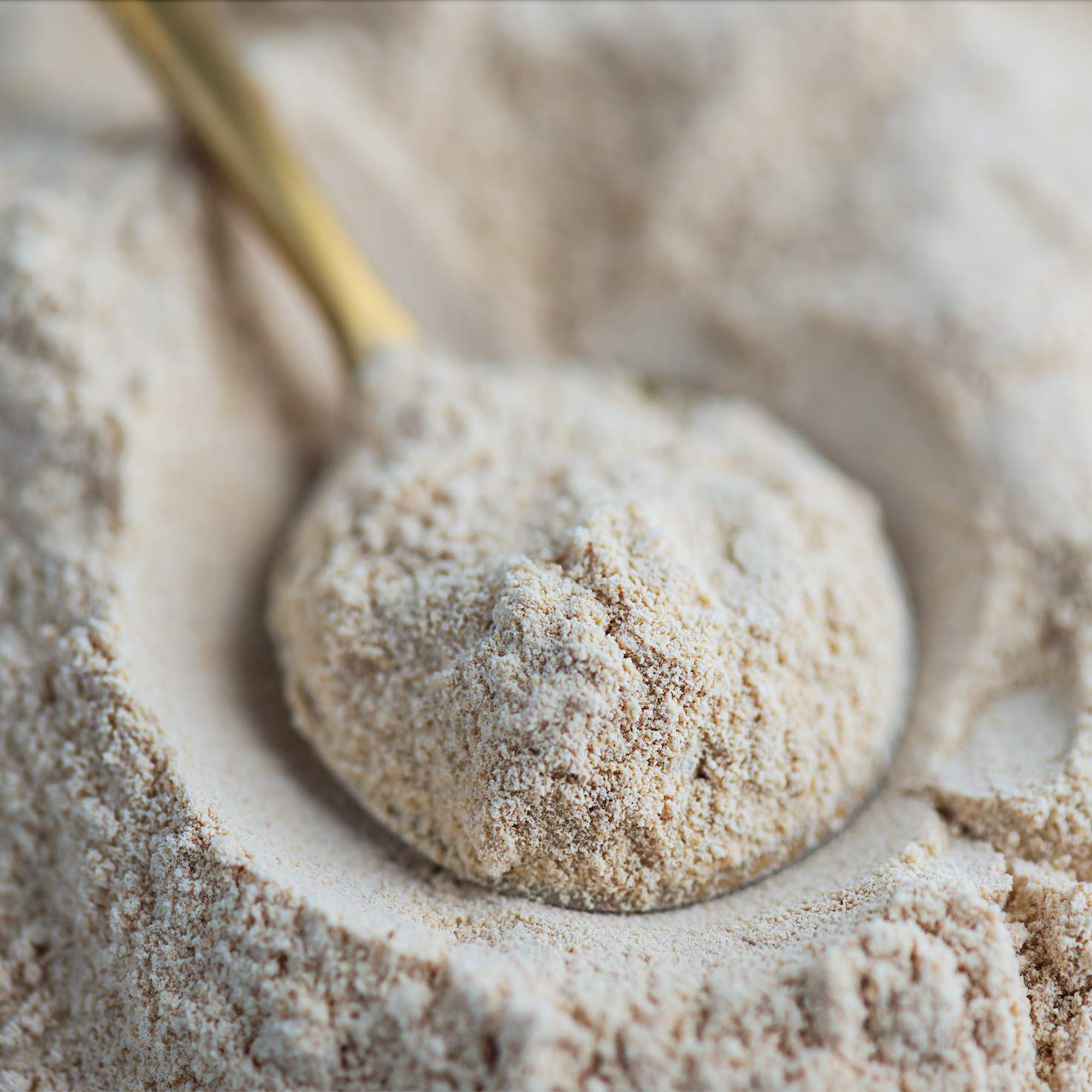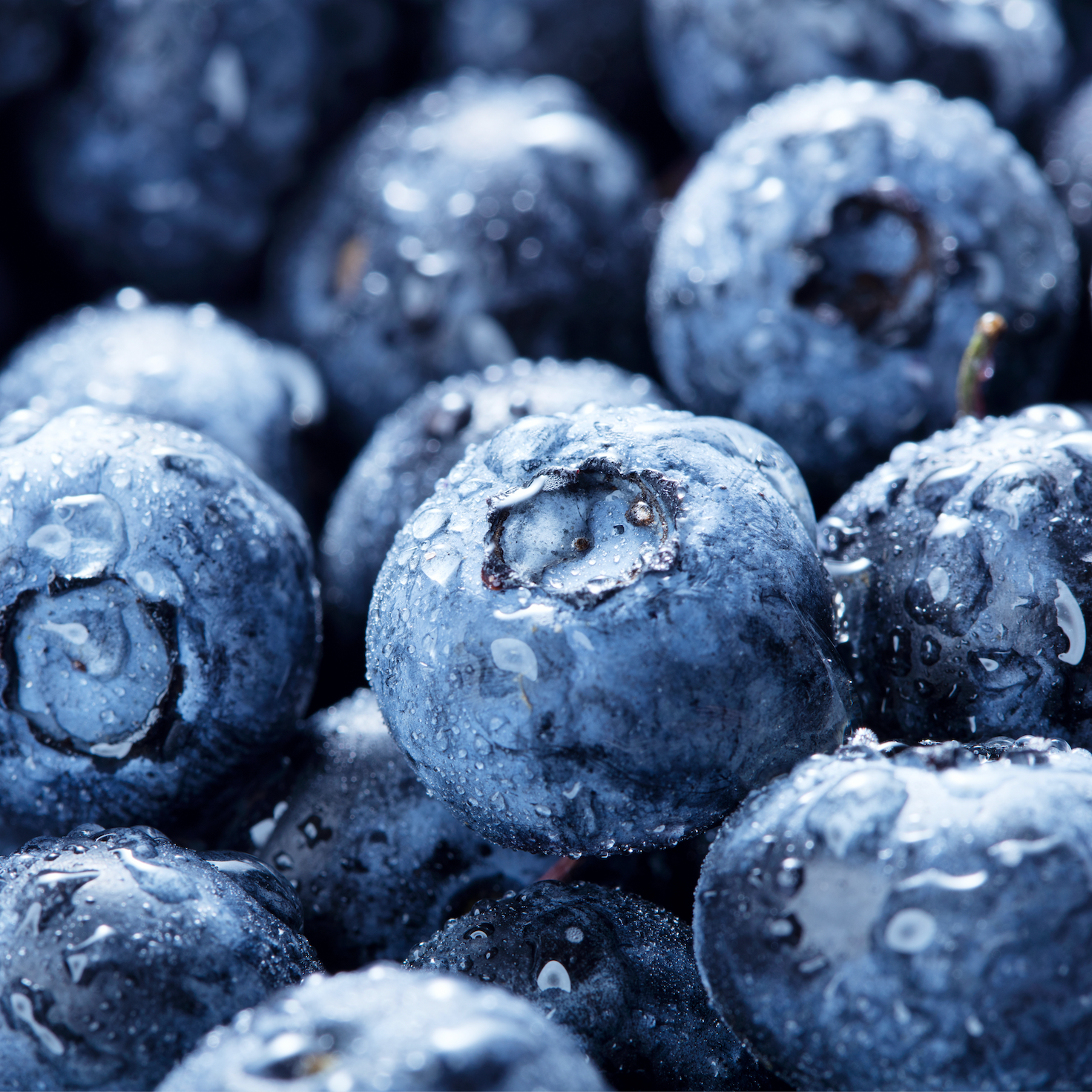Introduction
For a long time, choline was called vitamin B4. What all vitamins have in common is that the body cannot produce them itself. However, this classification is not consistently followed, because, for example, the body can produce vitamin D3 itself, but synthesis is usually not sufficient. The same applies to choline.
The body can synthesize it, but often not in sufficient quantities. For optimal health and especially for optimal development during pregnancy and in the first months of life, it is therefore essential to consume sufficient amounts of choline through food or as a dietary supplement. Egg yolk is particularly rich in choline, but other animal foods are also good sources of choline. Plant foods, on the other hand, contain less choline.
Important nutrient for the brain
Choline is necessary for brain health in many ways, not only in adults, but especially in unborn children and infants, as their brains are still developing. The nutrient is needed for the formation of new nerve cells in the brain and for their continued growth. Each nerve cell also has a special, long extension. In order for nerve impulses to be transmitted particularly quickly via these extensions, they are covered with an additional insulating layer. Choline is also needed to build this layer. Nerve cells must also be able to send and receive signals from one nerve cell to the next. For this, the cell membranes must have very specific properties. Choline is a component that is needed so that the cell membranes can develop these properties. An important messenger substance is also made from choline. It is called acetylcholine. This messenger substance in turn plays an important role in learning. When new impressions and experiences are made - and a newborn has many of these every day - the messenger substance is released in increased quantities. It causes nerve cells to form new networks. This is how memories are stored in the brain.
Choline deficiency in pregnant women in Germany
As early as 1998, choline was declared an essential nutrient that is particularly important for pregnant women. To date (2024), the German Nutrition Society has not published any recommendations for an adequate daily choline intake.
However, in 2021, scientists at the University of Lübeck examined the choline supply of 283 women in the third trimester of pregnancy. The result is frightening when you consider how important this nutrient is for the healthy development of the baby and especially the brain. 93 percent of the women consumed too little choline in their diet. The international recommendation for pregnant women is 480 mg per day. The choline intake of the participants in the Lübeck study who ate animal products was on average 270 mg per day, while that of the vegetarians and vegans was 205 mg per day. This not only has consequences for the unborn child, but also for the mother. During pregnancy and while breastfeeding, the child receives as much choline as possible from the mother's body. But the mother herself also needs choline. A lack of choline can lead to depression and concentration problems. If the mother does not have enough choline available, nerve cells in the brain can be damaged.
ADHD and the influence of choline on the ability to concentrate
More and more children are suffering from ADHD, attention deficit hyperactivity disorder. This is particularly stressful for the children themselves. They cannot relax, often react irritably, many have problems at school and find it difficult to make friends. Scientists in New York conducted a small study with just 20 pregnant women. Half of them received 480 mg of choline per day in the third trimester of pregnancy, the other half as much as 930 mg of choline per day. When the children were 7 years old, their ability to concentrate was tested. The children whose mothers had received more choline during pregnancy were on average able to concentrate better and for longer than the others. However, both 480 mg and 930 mg of choline are considered to be very good supplies. A deficiency was therefore not to be expected. Nevertheless, the study impressively shows that the choline supply during pregnancy has an influence on the child's ability to concentrate. The researchers conclude that this important nutrient can help reduce the occurrence of ADHD. Of course, other factors such as intestinal health and the supply of other nutrients also play a role in the development of ADHD.
Autism: The stronger the choline deficiency, the more severe the autism symptoms
Scientists in the USA have discovered that children with autism have fewer nerve cells in their brains than healthy children. Choline plays a crucial role in the development of nerve cells, which is why the choline supply was also investigated. It was found that this was also reduced in children with autism. Another study found that 60 to 93 percent of children with autism do not consume enough choline. This revealed an interesting connection: the greater the choline deficiency, the more severe the autism symptoms were. As with ADHD, other triggers such as intestinal problems, additional nutritional deficiencies and other causes are of course also possible for autism.
choline deficiency - learning disorders - dyslexia
Choline is also essential for learning because it is needed for the production of the neurotransmitter acetylcholine, which in turn signals nerve cells to rewire themselves so that learning can take place. A group of scientists from Israel, the USA and Spain have found a link between a lack of choline in children aged 8 to 12 and difficulties in reading and writing.
How well are you supplied with choline?
Choline is found primarily in animal foods, but nuts, pulses and soybeans also contain small amounts of this important nutrient. Eggs are particularly rich in choline. This is no wonder, as eggs contain everything a chick needs for its development. Eating around three to four chicken eggs a day covers the choline requirement.
Choline in various foods:
A chicken egg about 147 mg
150 g chicken breast about 140 mg
150 g beef steak about 235 mg
85 g beef liver approx. 356 mg
140 g fish about 140 mg
100 g kidney beans about 50 mg
175 g broccoli about 60 mg
75 g apple about 2 mg
Do you eat one to two eggs and 150 g of beef steak every day? Or fish and eggs? Or other foods that contain choline? With a purely vegetarian or vegan diet, it is difficult to consume the recommended amounts of choline. Vegetarians and vegans in particular can use dietary supplements to achieve the recommended choline intake. But supplementation in the form of choline capsules can also be useful for pregnant and breastfeeding women who eat animal products.
Choline and other B vitamins in interaction
Folic acid, vitamin B 12 and vitamin B 6 influence choline metabolism. Choline should therefore always be taken together with other B vitamins. In addition, all B vitamins are involved in the breakdown of the dangerous intermediate product of protein metabolism, homocysteine. Elevated homocysteine levels lead to an increased risk of miscarriages, high blood pressure during pregnancy and problems with the placenta.
Gynecologists and obstetricians often recommend taking folic acid. Supplementing this B vitamin during pregnancy is widely accepted. However, folic acid must be present in the body in a certain ratio to choline for many important processes to function properly.
References:
1. Roeren M, Kordowski A, Sina C, Smollich M. Inadequate Choline Intake in Pregnant Women in Germany. Nutrients . 2022;14(22):4862.
2. Bahnfleth CL, Strupp BJ, Caudill MA, Canfield RL. Prenatal choline supplementation improves child sustained attention: A 7-year follow-up of a randomized controlled feeding trial. FASEB J. 2022;36(1):e22054.
3. Derbyshire E, Maes M. The Role of Choline in Neurodevelopmental Disorders-A Narrative Review Focusing on ASC, ADHD and Dyslexia. Nutrients . 2023;15(13):2876.
4. National Institutes of Health. Choline – Fact Sheet for Health Professionals. At https://ods.od.nih.gov/factsheets/Choline-HealthProfessional/ . Last accessed on February 13, 2024.
5. Thakur P, Bhalerao A. High Homocysteine Levels During Pregnancy and Its Association With Placenta-Mediated Complications: A Scoping Review. Cureus . 2023;15(2):e35244.


